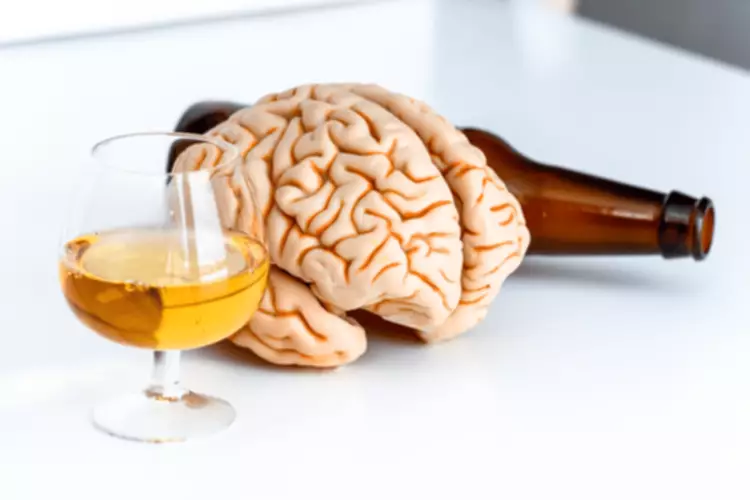Content
This may involve leaving an event early and getting a ride home with a trusted friend, or it may require you to take a step out of the office. Tiredness takes a significant toll on our bodies, mind, and spirit. When being busy with daily activities, you may ignore how tired you have become. While running on low energy, you compromise your ability to think clearly and to cope. Recharging the mind, body, and spirit will assist you through tough moments you may endure.
Withdrawal from an addiction whether that is drugs, alcohol or a certain behaviour has a physical effect on the brain and emotions, including feelings of anxiety and depression. However, the strong negative emotions that lead clients to take part in their addictive behaviour can trigger a relapse at this stage. Furthermore, they can also be strongly influenced by the presence of other mitigating factors, such as feeling stressed, tired, or unwell, either physically or mentally. Though commonly used to refer to the experiences of people with post-traumatic stress disorder (PTSD), the term “trigger” can also be used in the context of other mental health illnesses. This includes substance use disorders, eating disorders, and anxiety.
Physical Relapse
Get yourself a journal that you can put in a convenient place to write out your feelings daily. Try to recall the small moments in your day that brought you joy. That simple habit of reflecting on what you’re grateful for can lead to a much happier and more content life.

Just the sight or smell of the substance can create deep, hard-to-stop thoughts of using. Our brain stores memories by associating them with other memories. Often a place may trigger a memory of an event, or smelling something, such as a particular cologne, may trigger your memory of a loved relative. The way that the brain links memories is a powerful tool that is used to help you recall important information, but that may also affect your recovery process. The earlier people in recovery can identify and successfully respond to triggers, the greater their chances of prolonged abstinence.
Situations That Trigger Relapses
Researchers highlighted the importance of avoiding the people, places and things that remind patients of their former lifestyle. In this stage of relapse, you are not typically thinking about using again. Instead, you are setting yourself up for relapse with unhealthy emotional responses and poor-self care. This relapse stage is typically https://ecosoberhouse.com/article/alcohol-and-headaches-why-does-alcohol-cause-migraines/ characterized by the acronym HALT, which stands for hungry, angry, lonely, and tired. Objects like syringes, wine glasses, pill bottles, or pipes may be difficult for you to look at. These objects may remind you of your previous use and can cause you to linger on thoughts of using drugs or alcohol with old buddies or alone at your home.
Hydration is an essential part of recovery also for everyday exercise and flexibility. Electrolytes are an important chemical that helps flex the muscles. Without enough electrolytes, muscles deprive, and even the heart struggles to beat.
How To Wake Up at 5 A.M. Every Day
Places may also set off triggers when going through places they used to drink or consume drugs, which brings back the feeling and memory of using. Taking a few moments to pause and reflect on what you’re feeling can help you identify the source of your emotions. ” These questions can help narrow down the source of the trigger. Our relapse prevention program in Orange County is specifically designed to provide education on the different stages of relapse and how to prevent them successfully.
Every one of our team members is certified to address and effectively treat the issues that come along with addiction. Memories can also give rise to intrusive thoughts and emotions, which can be triggers themselves. It’s important to recognize when your thoughts are leading in a direction that could make sobriety more difficult. Just talking to someone can be helpful because they can offer you a new perspective, walk you through your emotions or get your mind re-focused on something more constructive.
Military veterans, for example, may develop PTSD while oversees. Fireworks back home may trigger an emotional response because the fireworks sound like gunshots. When triggered, we often execute a mindless action to ease the internal and external triggers negative sensation. Don’t wait around, if you have any questions or concerns call our specialist addiction support team. They are avaliable to help and support you in any way they can as well, we offer free assessments.
What are internal and external triggers for behavior?
Internal or External Triggers
External triggers come from your surrounding environment and are picked up by your five senses as well as your mind. Internal triggers come from your thoughts and feelings and are not connected with anything on the outside.

